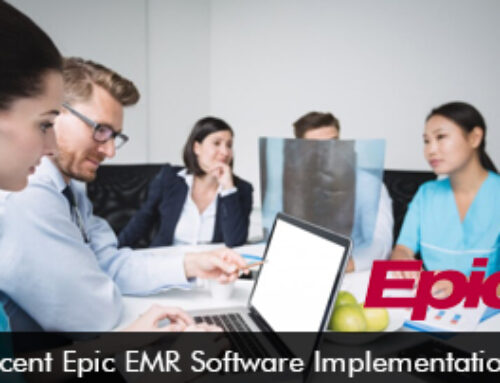Healthcare organizations have implemented EHR software to simplify daily workflows and improve patient care. The technology has many robust tools which can streamline the clinical documentation process, and automate tedious billing tasks. However, if the Electronic Medical Records solution lacks intuitiveness it can lead to physician burden as they are now spending more time navigating the software and less time on patient care.
Factors that Impact Physician Satisfaction with EMR Systems
The following crucial variables can affect doctors’ satisfaction with EHR software:
- Usability: The Electronic Medical Records (EMR) Software deployed should have a user-friendly interface that can improve the overall user experience.
- Efficiency: EHR solutions should increase overall efficiency and streamline the documentation process. Dissatisfaction may result if the software slows down workflow or needs a lot of data entry.
- Interoperability: It is critical for electronic health records to offer interoperability options for seamless data exchange between systems making way for care coordination. If the software lacks interoperability it can create challenges to access patient information from various sources.
- Customization: The vendor should offer a flexible solution to meet the unique requirements of the medical practice. Physicians value having the option to alter templates, processes, and order sets to suit their preferences and specialties.
- Training and Support: Training and support are essential aspects to boost physician satisfaction.
- Data Security and Privacy: Concerns regarding patient data security and privacy have been expressed by doctors. EHR systems that put a high priority on reliable security measures and adherence to rules may increase satisfaction.
Physician EHR Satisfaction Varies with Different Medical Specialties: KLAS
The KLAS Arch Collaborative Report which explores EHR satisfaction by provider specialty revealed that EHR scores vary with specialties. The highest EMR scores were experienced by hospital medicine, pediatrics, family medicine, and internal medicine physicians.
Whereas the lowest EHR software satisfaction scores were common with orthopedics and cardiology specialty. Frustration with the system arises mainly due to the lack of EHR functionality, and vendor delivery of quality.
Best Practices for high EMR satisfaction
Interviews were conducted by KLAS with anesthesiologists who reported the highest satisfaction scores while interacting with the software technology. The following factors played a critical role in their positive experience with the EHR solution:
- Individual participation in EMR governance to better comprehend software changes and their justification.
- Allowing healthcare providers to ask the IT department to improve software efficiency and get recommendations.
- Customized electronic medical records tools and features to simplify the charting and documentation process.
- Learning opportunities offered by the vendor, including ongoing training.






